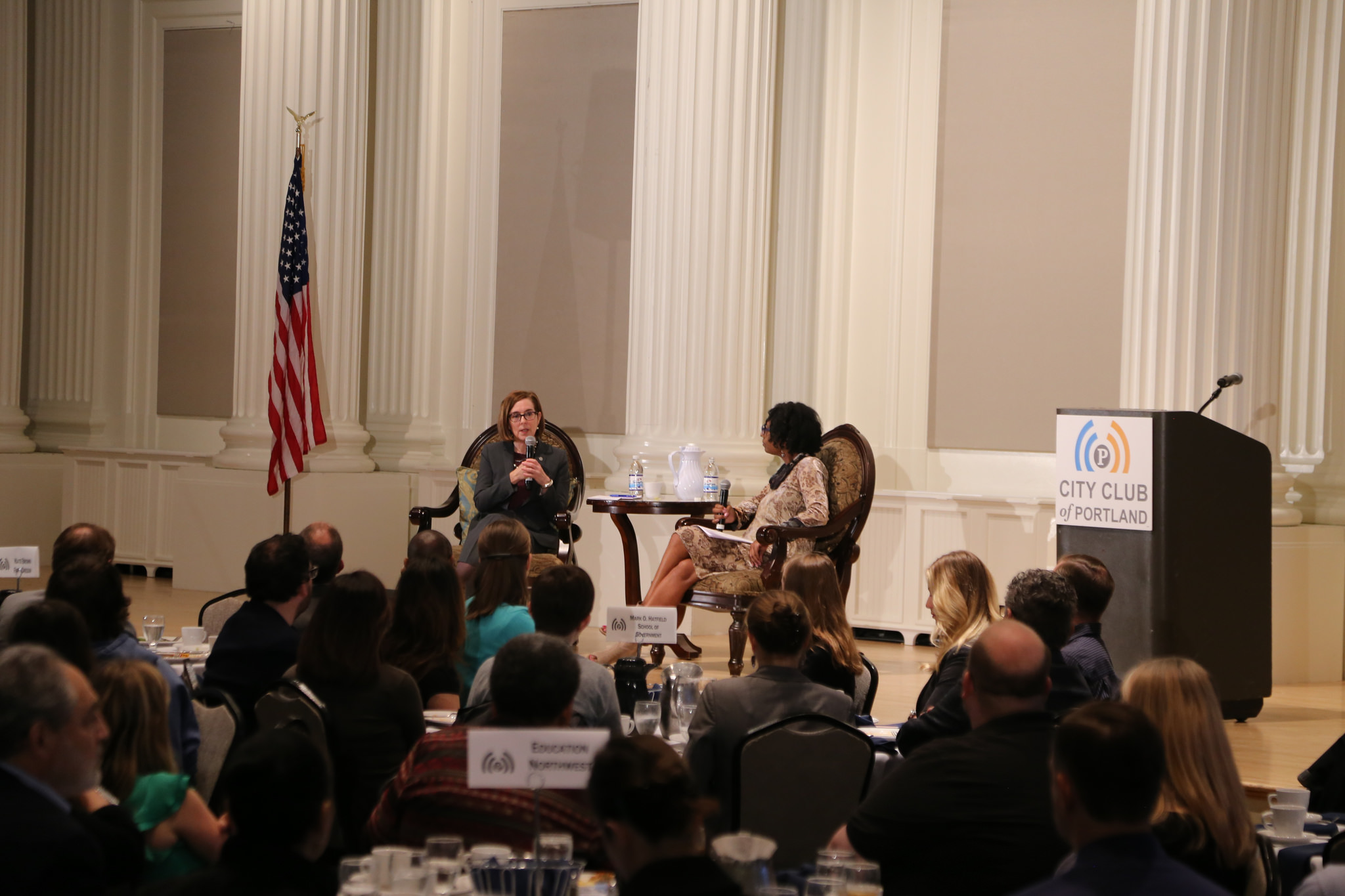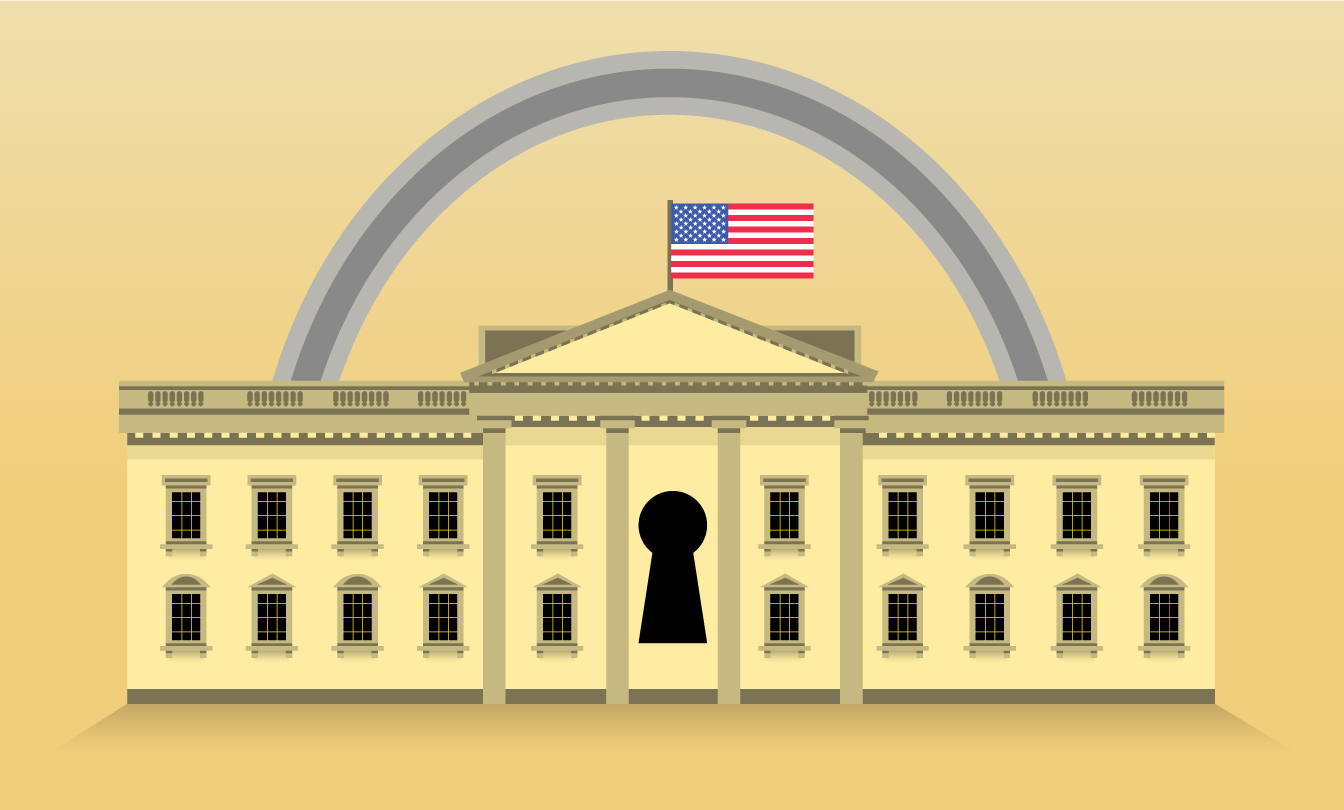After nearly nine months of arguments, Lebanon announced its formation of a new government on Jan. 31. Hezbollah, a group marked as a terrorist organization by the United States, has claimed at least three of the cabinet seats.
Before the debate over the new government began, Lebanon was facing crucial economic struggles which have only grown worse. According to TIME, Lebanon’s public debt reached $84 billion, which is 155 percent of the country’s gross domestic product, while the unemployment rate is 36 percent.
Lebanon is “facing economic, financial, social and administrative challenges,” said U.S.-backed Prime Minister-designate Saad Hariri. “It has been a difficult political period, especially after the elections, and we must turn the page and start working.”
The new government will include the majority of Lebanon’s rival groups, and the cabinet lineup shows four women will take office. One seat taken by a Hezbollah-backed candidate is Jamil Jabal, who was chosen as health minister. The health ministry has the fourth largest budget in the Lebanese government, which the U.S. fears will allow the terrorist organization to move “beyond the marginal role it played in past governments.”
U.S. officials are worried that Hezbollah will use their new control over the Ministry of Health to grant their fighters and supporters health care and jobs.
On Feb. 1, the U.S. issued a warning to Hezbollah to not use the new Lebanese government to support and further its own terrorist organization. Rachel Mikeska, a spokeswoman for the American Embassy in Beirut said, “This is yet another example of Hezbollah openly holding Lebanon’s security and prosperity hostage,” according to The New York Times.
Mikeska also said the U.S. is “prepared to take whatever actions are necessary to protect the interests of the Lebanese people.” However, she neglected to comment on what these actions may be.
The new cabinet held their first official meeting the following day on Feb. 2. In response to the U.S.’ warnings, the Lebanese government issued a statement on Tuesday saying they would keep out of regional conflicts and stick with the policy of “disassociation,” which they declared in 2012. Lebanon’s Information Minister Jamal al-Jarrah said, “We as a state are committed to distancing ourselves from events in the region.”






